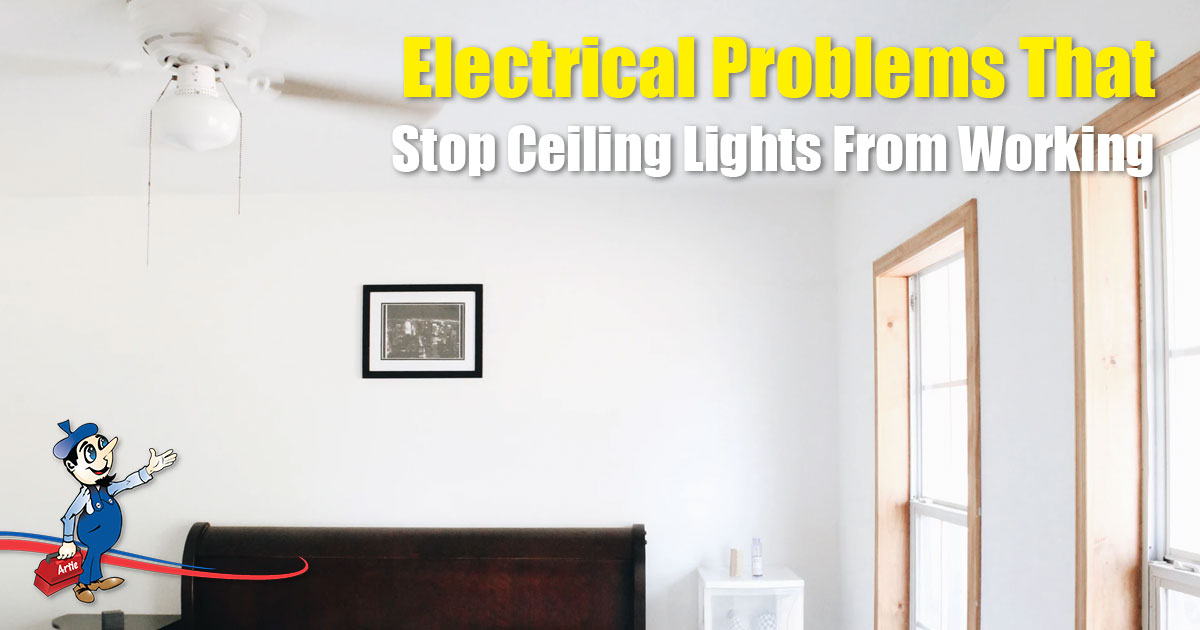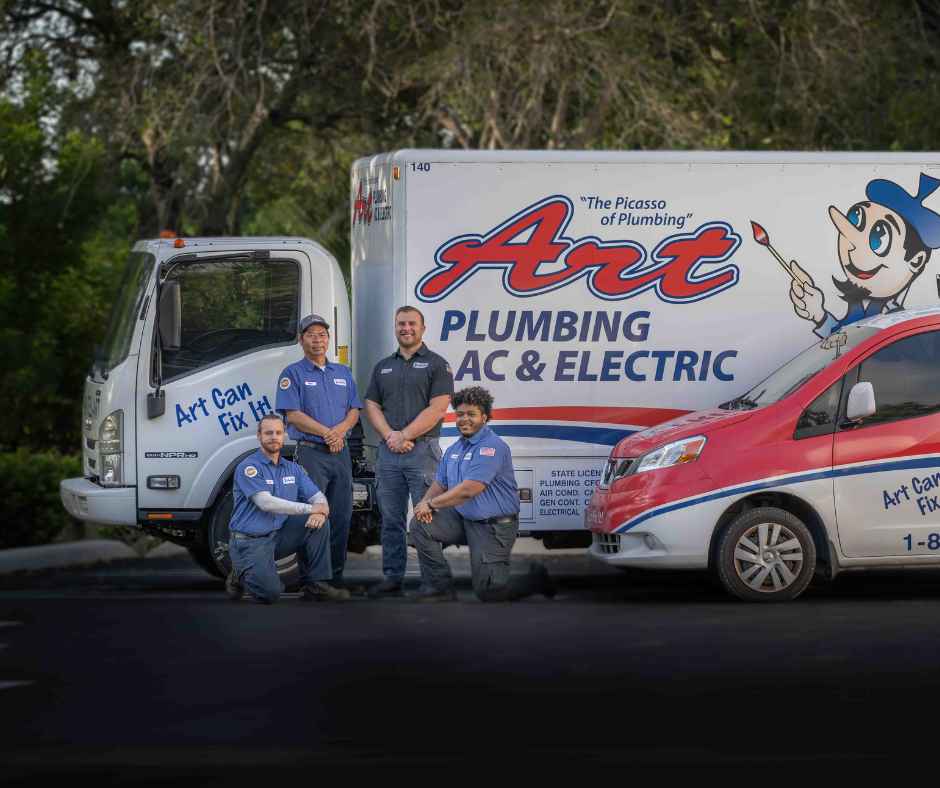Electrical Problems That Stop Ceiling Lights From Working

Most of us do not think twice about ceiling lights until we flick the switch and nothing happens. While a burnt-out bulb is often the first guess, faulty ceiling lights can also point to much larger electrical issues. From damaged wiring to overloaded circuits, these hidden problems may put your home at risk of fire or even electrocution.
If your ceiling lights stop working, it is important to act quickly. Sometimes the fix is simple, but in many cases you need a licensed electrician to safely identify and repair the cause. In this blog, you will learn the most common reasons ceiling lights fail and why professional help is always the safest choice.
Why Are My Ceiling Lights Not Working?
When a ceiling light stops working, the answer is not always as simple as replacing a bulb. Electrical systems are complex, and a failure in one part of the system can affect the entire fixture. Faulty ceiling lights are often caused by one of the following issues:
- A burned-out or loose light bulb
- A problem with the power supply such as a tripped circuit breaker or outage
- Damaged or loose wiring within the circuit
- A malfunctioning light switch
- A faulty light fixture that no longer delivers power to the bulb
Troubleshooting these problems begins with the basics. You can check the bulb and confirm whether the power is on, but anything beyond that should be left to a licensed electrician. A professional has the training and equipment to safely trace the fault and repair it without putting your home at risk.
The Light Bulb
The most common reason for a ceiling light not working is a burned-out bulb. Light bulbs have a limited lifespan and eventually need replacement. Before calling an electrician, check that the bulb has not blown and that it is screwed securely into the socket. Often, replacing or tightening the bulb is all that is needed to restore light.
The Power Supply
If a new bulb does not solve the problem, the next step is to check the power supply. Sometimes the issue comes from the utility company, which will affect the entire building or neighborhood. More often, the problem is a tripped circuit breaker in your home’s electrical panel.
A circuit breaker is designed to shut off power when it detects a fault, preventing overheating and fire. Breakers can trip due to faulty wiring, an overloaded circuit, or a short circuit caused when a hot wire touches a neutral wire. Resetting the breaker may restore power, but if the breaker continues to trip, call a licensed electrician to inspect the system.
The Electrical Wiring
Wiring is the backbone of your electrical system, and any fault or loose connection can prevent power from reaching your ceiling lights. Wiring issues can occur during installation, from normal wear and tear, or from rodents damaging wires inside walls or ceilings. Because exposed wires are a serious fire and shock hazard, wiring repairs should always be handled by a professional.
The Light Switch
Ceiling lights are controlled by switches, which can fail over time. Whether you have a wall switch, a pull chain, or an integrated switch, a faulty or improperly wired switch will keep the light from receiving power. While replacing a switch may seem simple, incorrect wiring can put your entire circuit at risk. A licensed electrician can test and replace faulty switches safely.
The Light Fixture
Finally, the problem may lie with the fixture itself. If the internal wiring or the pins that connect to the bulb are bent or corroded, the bulb will not receive power. In some cases, straightening the pins or tightening connections will solve the issue. Always turn off the circuit breaker before touching any part of a fixture. If the problem continues, the fixture may need replacement by a professional.
Why an Electrician Should Inspect Faulty Ceiling Lights
Electricity powers our daily lives, but it can be extremely dangerous when problems are ignored or handled incorrectly. Faulty ceiling lights may seem like a small inconvenience, but they can point to larger issues that require professional attention. Attempting a do-it-yourself repair without training can lead to fire, electric shock, or further damage to your electrical system.
A licensed electrician brings the knowledge and tools to diagnose the problem quickly and safely. They are:
- Experienced and insured. Licensed electricians are trained to identify faults, repair wiring, and restore your lights with confidence.
- Up to date with electrical codes. Professional electricians follow the latest safety standards and legal requirements, ensuring that your home’s electrical system remains compliant.
- Properly equipped. From protective gear to specialized diagnostic tools, electricians have what is needed to safely work with live electrical systems.
By calling a professional, you protect your home, your family, and your investment. What starts as a flickering light could be a sign of wiring that needs urgent attention. An inspection today may prevent a much more dangerous situation tomorrow.
Electrical Problems With Your Ceiling Lights? Call Art Plumbing, AC & Electric
Do not wait for a small electrical issue to turn into a serious hazard. Whether your ceiling lights will not turn on, keep flickering, or cause your breaker to trip, the licensed electricians at Art Plumbing, Air Conditioning & Electric are here to help.
Since 1983, we have been South Florida’s trusted team for safe, reliable, and code-compliant electrical repairs. Our electricians are fully licensed, insured, and equipped with the latest tools to handle everything from faulty light fixtures to complex wiring problems.
- Licensed and insured electricians
- Fast diagnosis and reliable repairs
- Knowledge of current electrical codes
- Serving South Florida homeowners for over 40 years
Contact Art Plumbing, Air Conditioning & Electric for emergency electrical repairs. Protect your home and family by choosing the team Coral Springs and South Florida residents trust most.





